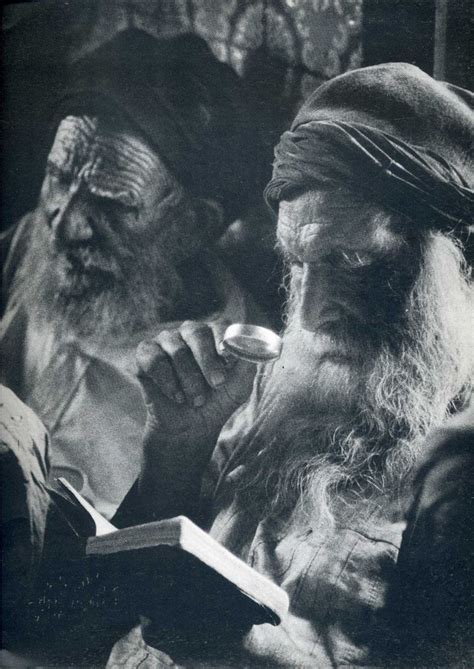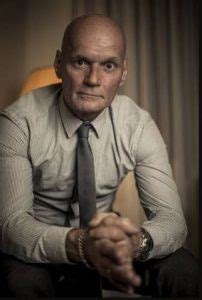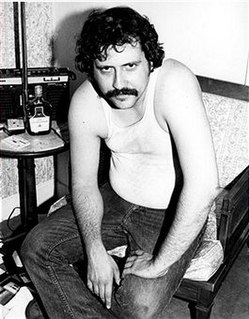A Quote by Maya Angelou
I don't think there's such a thing as autobiographical fiction. If I say it happened, it happened, even if only in my mind.
Quote Topics
Related Quotes
One of the problems with episodic television of any color is that everything has got to be okay at the end of the episode so it can start again next week. So the events that occur are rarely life-changing. But with film, you can say that this thing only happened once; this is a major thing that happened to these people.
Something may have happened before, and yet this thing that happened just after may be so important that you don't even know about the thing that happened before and when you tell your story to yourself, or to someone else, it's going to be told not on the basis necessarily of the time course, but rather on the basis of how it was valued by you.
It wasn't even a matter of what I was photographing, as what had happened to me in the process. When I discovered that I could look at the horror of Belsen --4000 dead and starving lying around-- and think only of a nice photographic composition, I knew something had happened to me and I had to stop. I felt I was like the people running the camp --it didn't mean a thing.
Here I come to one of the memoir writer's difficulties -- one of the reasons why, though I read so many, so many are failures. They leave out the person to whom things happened. The reason is that it is so difficult to describe any human being. So they say: 'This is what happened'; but they do not say what the person was like to whom it happened. And the events mean very little unless we know first to whom they happened.







































